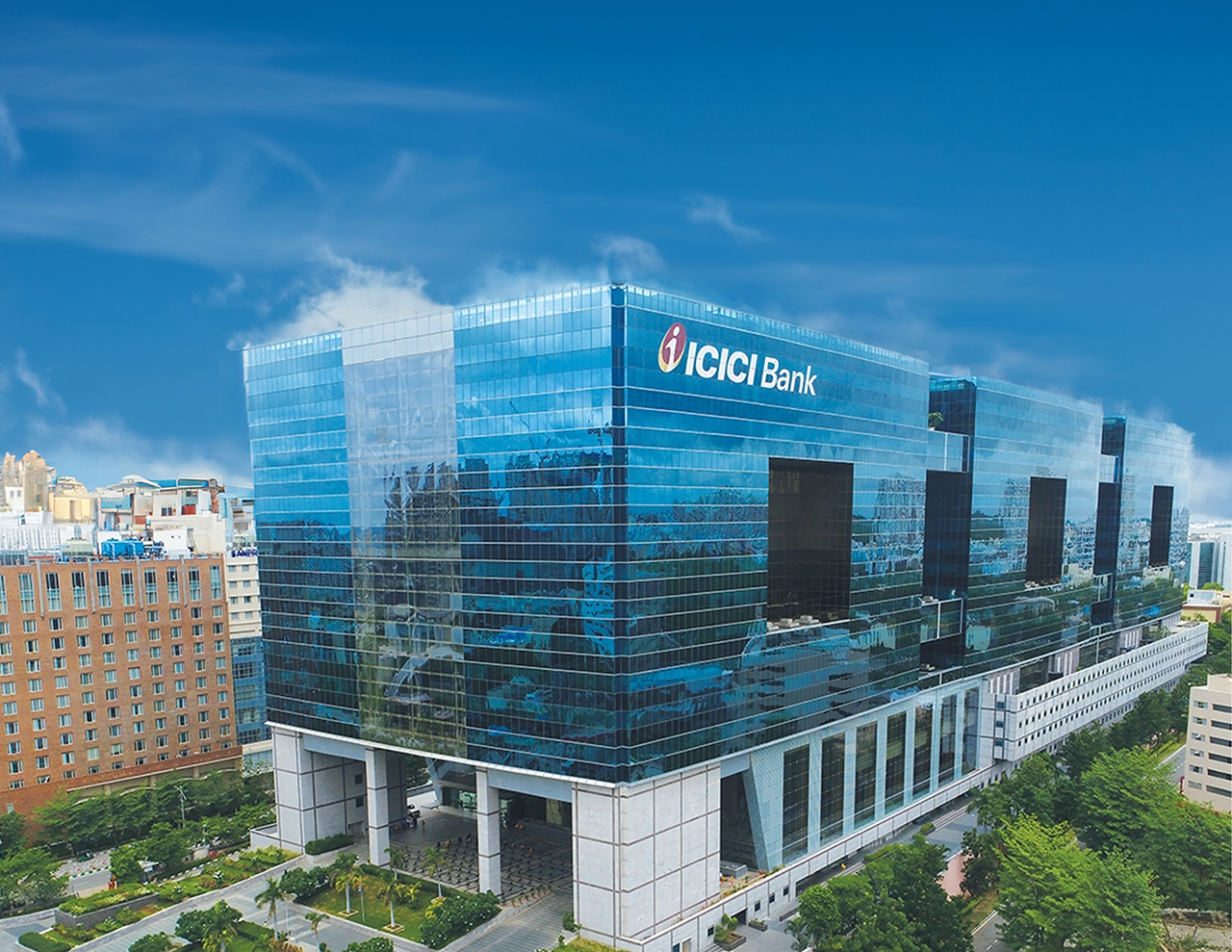Akasa Air Launches Direct Mumbai–Phuket Flights from September 20
The airline plans to offer both morning and evening departures, giving flyers enhanced flexibility and improved access to one of Southeast Asia’s most vibrant locales.

Akasa Air is set to commence daily direct flights between Mumbai and Phuket starting September 20, 2025, marking the low-cost carrier’s eagerly awaited entry into Southeast Asia, reported The Economic Times. This move establishes Phuket as the airline’s sixth international destination, with ticket bookings now available via Akasa Air’s official website, mobile app, and leading travel platforms.
Akasa Air emphasized the strategic and touristic appeal of Phuket, underscoring its global appeal as a favored destination for Indian travellers as well as its significance as a bustling commerce and tourism hub, The airline plans to offer both morning and evening departures, giving flyers enhanced flexibility and improved access to one of Southeast Asia’s most vibrant locales.
“We are thrilled to foray into Southeast Asia with the addition of Phuket,” said Praveen Iyer, Co-Founder & Chief Commercial Officer of the airline. “India is entering a new era of outbound tourism powered by its large population of globally curious flyers.” The airline views this launch as an opportunity to both meet modern travellers’ aspirations and strengthen economic and cultural connections between India and Thailand.
Expansion Part of Larger Strategy
This expansion is part of Akasa Air’s broader growth strategy. The airline, which already serves multiple international routes, has been constructing its Southeast Asia ambitions for some time. It has previously explored paths to destinations across the region—including Thailand—as reported earlier in the year. Industry coverage has highlighted how these new routes are expected to drive tourism growth and economic opportunities across regions.
Founded in 2021 and launched operations in 2022, Akasa is among India’s fastest-growing carriers, operating a fleet of Boeing 737 MAX aircraft. It plans to scale up significantly in the coming years with hundreds of additional aircraft on order through 2032.
The airline currently serves 23 domestic locations and has expanded to five international destinations. The Phuket route marks a notable addition to its network footprint.
Akasa’s new direct flights to Phuket align with India’s booming outbound tourism industry. As more middle-class Indians seek affordable travel options, the airline intends to capitalize on this growing demand by delivering convenient, cost-effective international travel, further reinforcing ties between India and major Southeast Asian economies.








